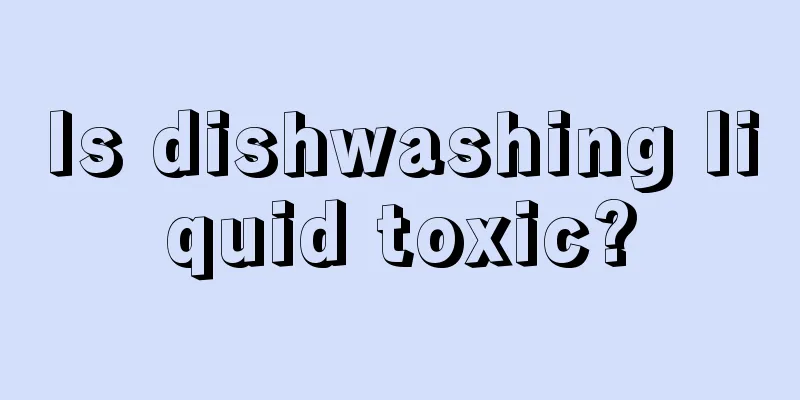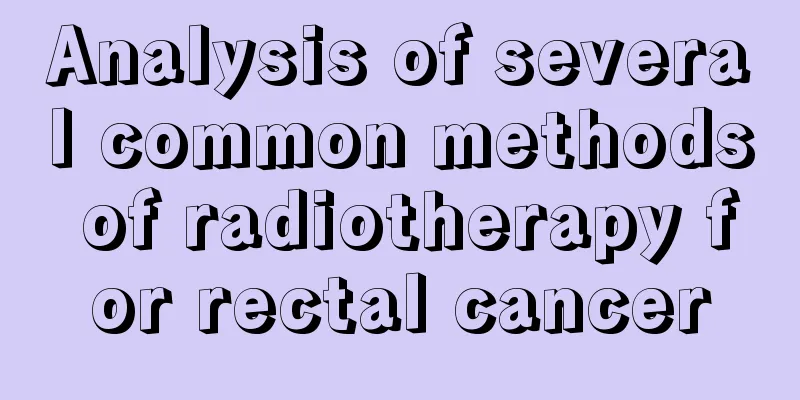Is dishwashing liquid toxic?

|
I believe that in daily life, many friends don’t like to wash dishes after meals, because the bowls are always stained with oil, and they feel greasy when they touch, which makes people feel very uncomfortable. Therefore, many friends will use some detergent to remove these oil stains effectively, thus making our rice bowls clean and bright again. So is dishwashing liquid toxic? In response to this question raised by everyone, let me and you learn about it together in the next period of time. Toxicity hazards Commonly used surfactants in dishwashing detergents are linear alkyl benzene sulfonate (LAS) and linear fatty alcohol polyoxyethylene ether sulfate (AES). Based on the study of the acute oral toxicity of these two surfactants, the LD50 of LAS is confirmed to be 0.5-2.0 g/kg; the LD50 of AES is confirmed to be 1.7-5.0 g/kg. This toxicity range is comparable to that of table salt and baking soda and should be considered a non-toxic substance. The concentration of surfactants in detergents is generally only 15% to 20%, which is about 0.1% - 0.15% after dilution with water. If we estimate the amount of surfactant remaining in the detergent after rinsing once, the amount of surfactant left on each plate is only 0.0009 mg. If each person uses 20 plates a day, the daily intake per person is 0.018 mg; if they are rinsed twice or washed with tap water, the intake will be even less. According to relevant research, the safe amount of surfactant intake per person per day is 0.3-3 mg. So, after washing dishes with dishwashing detergent, the amount remaining on the dishes is far below this line. Therefore, it can be determined to be absolutely safe and consumers can use it with confidence. At the same time, my country's mandatory national standard for dishwashing detergents (GB9985-2000) requires that the arsenic content be 0.05 mg/kg, heavy metals (measured in lead) be 1 mg/kg, methanol be 1 mg/kg, and fluorescent brighteners must not be detected, etc. This sets maximum limits for other potentially harmful components in dishwashing detergents. If national standards are strictly followed, dishwashing detergents should be safe to use and harmless. I believe that through our understanding of the above, most of our friends have their own unique insights and more standard answers on whether dishwashing detergent is toxic. Of course, I would like to remind everyone that many dishwashing liquids use some chemical synthetics to achieve the effect of cleaning grease, so we must not use it excessively during use, and we must also buy some regular dishwashing liquids. |
Recommend
When is the best time to run
When it comes to the best time to run, many peopl...
Is nasopharyngeal cancer caused by a virus? Is there any way to treat it?
Is nasopharyngeal cancer caused by a virus? Is th...
How to preserve lipstick?
Many girls like to buy cosmetics and skin care pr...
Can onion mucus relieve nasal congestion? Here are 5 tips for you
Everything comes back to life in spring, and it i...
What are the dangers of melanoma
The early symptoms of melanoma are not very obvio...
Is photorejuvenation effective in removing acne scars?
Having acne for a long time is very annoying. Man...
Is ovarian cancer recurrence serious?
There are many reasons why patients have ovarian ...
How to clean scale on a gas water heater
There are many things in daily life that will gro...
What are the treatments for cervical nerve compression
Cervical spondylosis has always been a common dis...
How to remove bones from silver carp
Silver carp is a seafood product that we often ea...
Is Yangxiuqiu flower poisonous
Hydrangea is also known as 'Eight Hydrangeas&...
What are the symptoms of gout?
With the improvement of living standards, people&...
How long can you live with advanced lung cancer? Three decisive factors
The incidence of lung cancer is on the rise, and ...
What to do if there is effusion in the lumbar vertebrae and abdominal and thoracic cavities in lung cancer
When lung cancer patients have lumbar vertebrae f...
How much does skin cancer treatment cost
Skin cancer refers to squamous cell carcinoma, ba...









